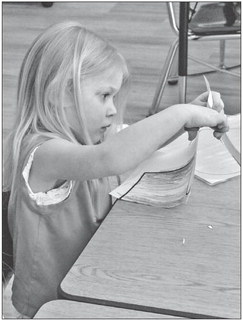LENA program provides students with head start


By Neal Hogden
Abbotsford 3K teacher Teresa Archambo- Broeske gave a presentation about the district’s LENA Grow program, or Language ENvironment A...


By Neal Hogden
Abbotsford 3K teacher Teresa Archambo- Broeske gave a presentation about the district’s LENA Grow program, or Language ENvironment A...